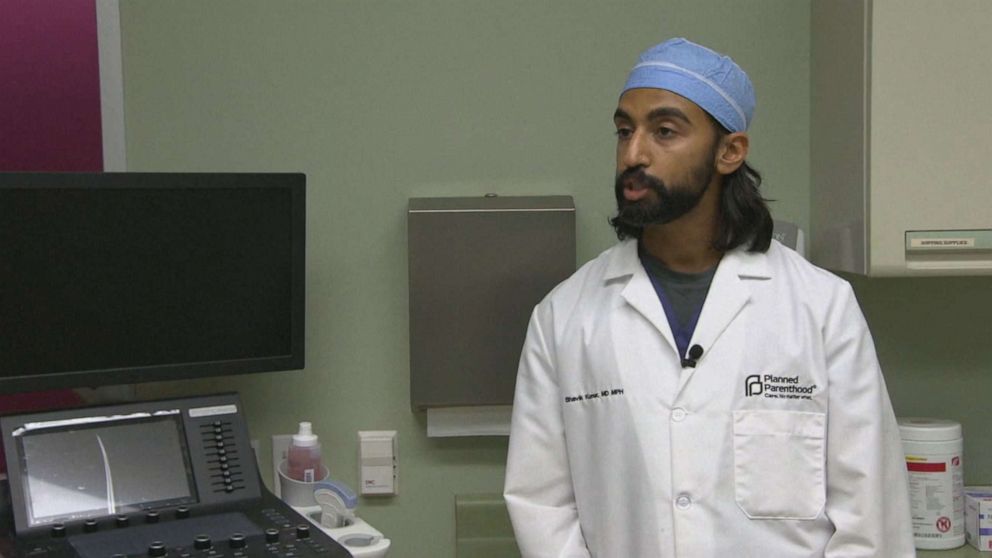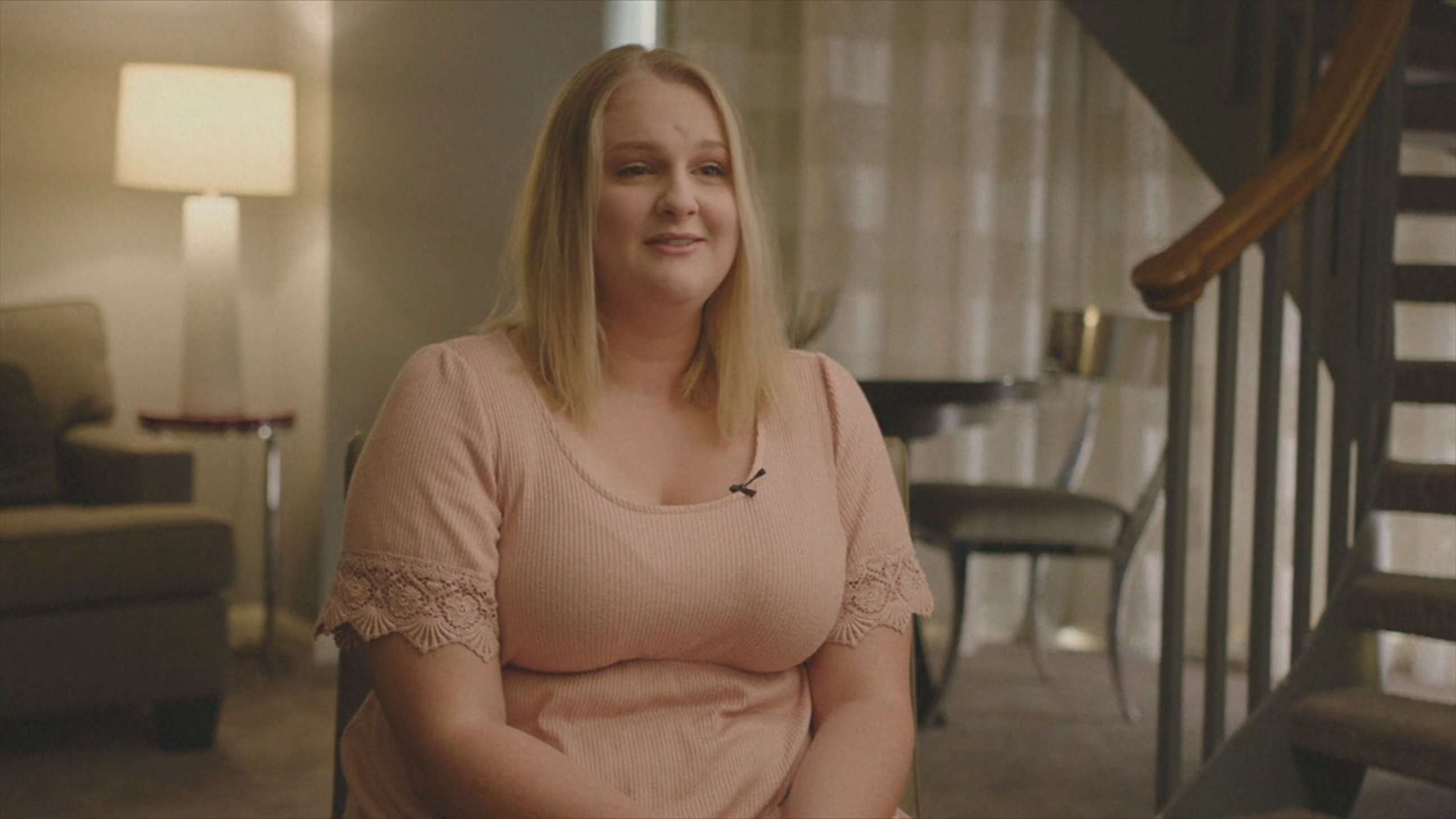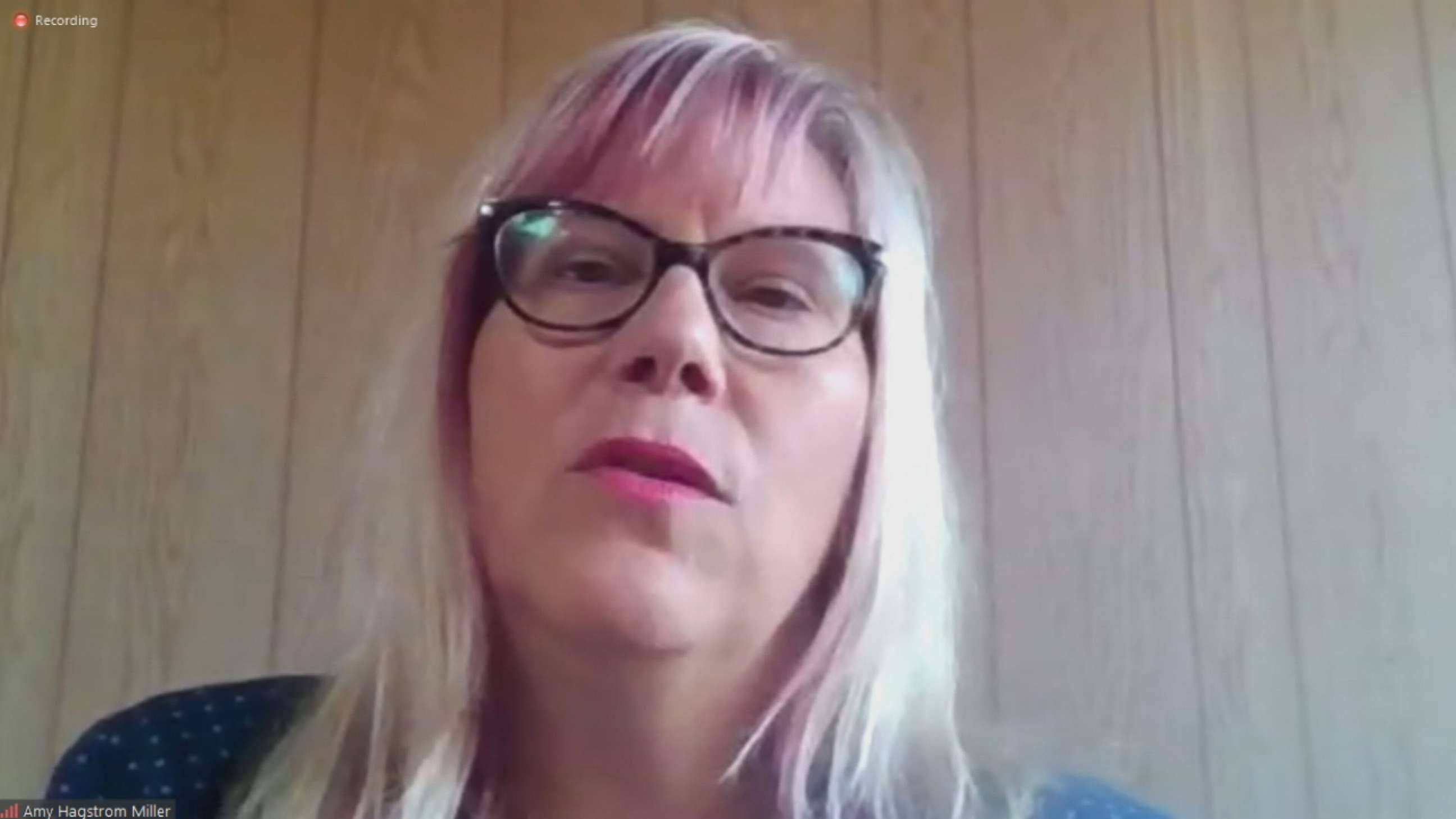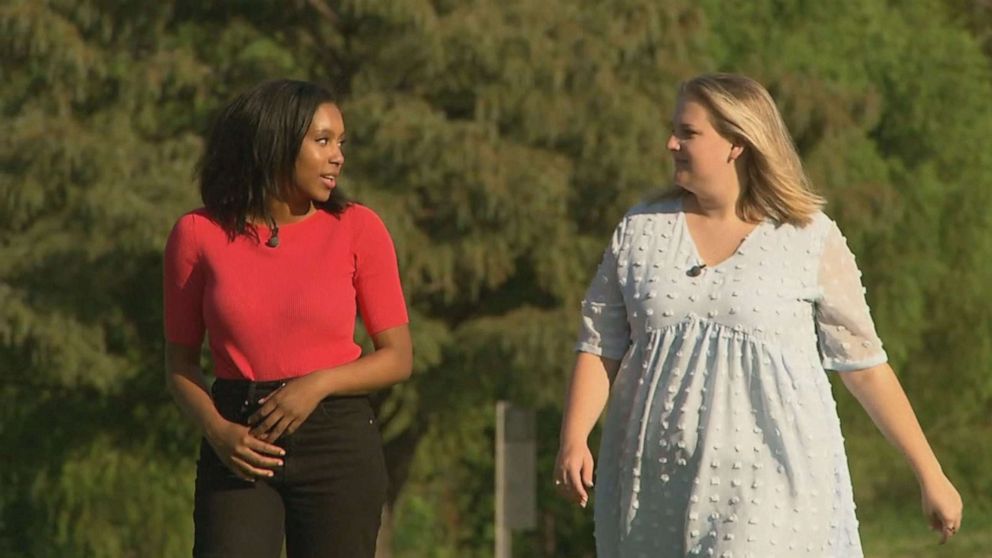Following one Texas woman's abortion journey over state lines: Reporter's Notebook

When the strictest abortion law in the nation went into effect in Texas last month, abortion procedures all but stopped.
Women woke up with a new reality: If they wanted an abortion, they would most likely need to travel out of the state.
It created exactly what abortion providers feared -- a chilling effect.
After calling more than a dozen clinics across the state, only one doctor agreed to talk to us on the record. Others declined, expressing outrage over the new law but concerns about possible litigation.
We traveled to Houston to meet Dr. Bhavik Kumar inside Planned Parenthood. He told us he typically performs 20 to 30 abortions a day. But the first day the law went into effect, on Sept. 1, he saw six patients and had to turn half of them away.

"I saw somebody who thought she was earlier in the pregnancy, but once she got here and had her ultrasound, found out she was much further along," Kumar said.
Texas' law makes it illegal for health care providers to perform an abortion "if the physician detects a fetal heartbeat," including embryonic cardiac activity, which can be as early as six weeks into a pregnancy.
"She was surprised. She was distraught. She was not expecting that information," he said. "She was crying and we began to explore options and think through the logistics of if she would be able to go out of state for the care that she needed."
The call center at Planned Parenthood turned into a crisis hotline -- flooded with women in desperation, not knowing where to turn.
For the first time, operators on the other end felt like they didn't have the answers to help.

"They've relied on Planned Parenthood for years and we don't have the answers. We usually have the answers; we don't have the answers," said Doris Dixon, who oversees the patient access center at the clinic.
One woman came in for a regular checkup on the day the Texas law went into effect, Dixon said. During that checkup, the woman found out she was five and half weeks pregnant -- and eligible for a legal abortion.
But that same day, she also tested positive for coronavirus. By the time her mandated self-isolation ends, she'll be too far along in her pregnancy to get an abortion under the new Texas law, Dixon said.
"To hear her beg for someone to help her was hard; she was begging," Dixon said, holding back tears. "For me, I was trying very hard not to cry but the tears were coming down, they were there."
As providers in the state sound the alarm, anti-abortion groups have praised the law as groundbreaking.
"This is the boldest pro-life policy that [the] Texas legislature has ever passed. …This is bolder than any other piece of legislation," John Seago, the legislative director for Texas Right to Life, told ABC News.
The law makes no exceptions for rape or incest, only for medical emergencies.
"There's a moral disagreement about this. The condition about when that child came into existence doesn't change the moral worth of that child," Seago said.
As the battle over access to abortion raged in Texas, making its way through the courts, more women were caught in the balance.
We returned to Texas this month to meet a young woman the day before she traveled to Mississippi for an abortion.
When Madi, a 21-year-old college student, heard the news about the Texas abortion ban, she never thought it would affect her.
"I'm not in a place to have a baby. I have graduation to look forward to. I have me trying to start my whole career and my entire life ahead of me and my life is on hold right now," she said.

Madi said she was on birth control, and her pregnancy was a surprise. At six weeks, she had no idea she was pregnant.
When she finally took a pregnancy test and went to the doctor, it was too late to get an abortion under Texas law.
"When she told me that I was measuring at 10 1/2 weeks, I just cried. I was heartbroken and terrified because I felt like the only option that I knew I had was gone," Madi said.
She called around to more than 30 clinics before finally getting an appointment in Mississippi. She discovered the clinic, the only one left in the state — was at the center of the Supreme Court case this fall, challenging the landmark Roe v. Wade decision.
"To think that Roe v. Wade could be overturned blows my mind. …it was pivotal in women's rights. And to think that could be taken away— it has me in awe and shock and honestly horror," Madi said.
Madi drove more than 400 miles to Mississippi with her father. When she got there, she was told the state had a mandatory waiting period. She had to go back to Texas and return the following week for the actual procedure — two separate trips.
"I have had to endure so much more stress and anxiety from dealing with this and all of the extra hoops that I've had to jump through. This is supposed to be a two-day process and I get to go home. It's now turned into a three-week process and now I'm having to fly out of state," she said.
We followed Madi as she traveled back for the second time — this time to get the procedure. Her mother traveled with her for her second trip for support but could not enter the clinic.
"I have had every spectrum of emotion from being elated that this is almost over — to feeling so depressed and isolated that I cry myself to sleep sometimes," she said.




